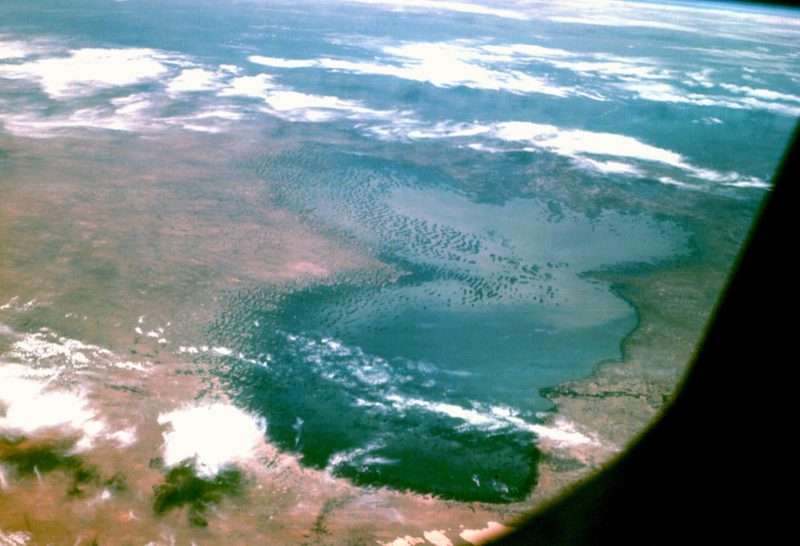Vast quantities of raw satellite imagery and data will be distilled into an online platform showing how water ecosystems have changed.

It will also depict how countries can manage them to prevent further loss, said Google and the UN.
Initially, it will focus on fresh water ecosystems such as rivers and forests.
Google will eventually produce geospatial maps and data for a publicly available platform to be launched in October 2018 in partnership with the UN Environment Programme (UNEP).
“It’s basically a time slide… you can go back in time, and what is does is show you where water has disappeared.
“It can show you where water never was and now is there. It can show you where water is seasonal,” said Elisabeth Mullin Bernhardt, a programme manager at UNEP, on Tuesday, July 17.
For Africa’s Lake Chad, for example, access to comprehensive data and images showing surrounding land and rivers could help explain why the lake, on which so many depend, “is drying up so quickly”, said Kenya-based Bernhardt.
Given that most countries share water sources, the information could also be used to encourage neighbouring nations to work together on strategies to manage rivers or lakes, she said.
Google is using artificial intelligence and cloud computing to process a massive amount of satellite imagery and data.
The data stretches back over three decades, before it can be analysed, said Rebecca Moore, Director of Google Earth and Earth Engine.
“Much of the world does not have access to good data about the state of their forests, their rivers and lakes and coastal eco-systems and how they have been changing over time.
“It’s a critically important time because there are dramatic changes going on, due to climate change and urbanisation and a number of factors that are in some cases significantly depleting fresh water supply,” Moore told the Media.
Improved information could lead to better investment in environmental services as countries try to meet their Sustainable Development Goals, said UNEP.
Agreed at the UN in 2015, the 17 global goals include targets to end poverty and hunger, combat climate change, and provide universal access to water and sanitation by 2030.
Governments are currently reviewing progress on the goals at UN headquarters in New York, where UNEP and Google announced the satellite initiative.
While researchers will focus on water ecosystems, the platform could be expanded to include issues such as desertification or plastics in the world’s oceans, said Bernhardt.
